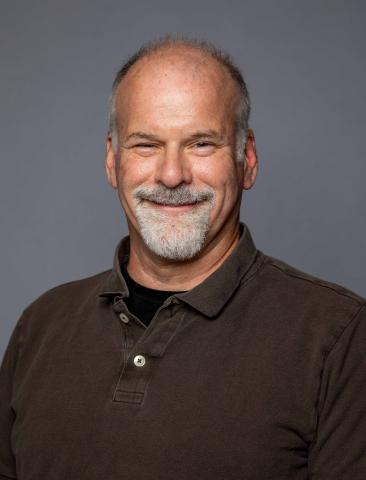
The Freedom Center and Spring 2023 FC Talks series presents André Ariew (University of Missouri).
Ariew received his Ph.D. from the University of Arizona in 1997 and has been a faculty member at the University of Missouri since 2006. From 1997-2006 he was an Assistant Professor at the University of Rhode Island and an Associate at the Museum of Comparative Zoology at Harvard. In addition, he has held visiting positions at the History and Philosophy of Science at Cambridge University and the Institute of History and Philosophy of Science and Technology in Paris. He has written dozens of articles and book chapters in the philosophy of science.
Ariew’s primary interest is in the investigation of the nature of evolutionary biology and how it has changed ever since Darwin’s Origin of Species. He is co-director of Mizzou’s Evolution and Social Science research group which brings together scholars exploring the connections among the evolutionary and social sciences. He is a recipient of the Golden Chalk Award (2012) for excellence in Graduate Teaching.
Abstract:
In 1959, at a symposium celebrating the 100th anniversary of the publication of the Origin of Species, the geneticist and Nobel Laureate H.J. Muller presented a lecture with the provocative title, “One Hundred Years Without Darwin are Enough”. In it he bemoaned the lack of understanding, even among contemporary Darwinians, about the theory of natural selection. Fifty years later, the biologist and theoretician Francisco Ayala, writes an essay entitled “One hundred fifty years without Darwin are enough!” The addition of the exclamation point expresses his frustration. Why does natural selection continue to be badly misunderstood? I propose two related answers, one is historical, the other conceptual. The historical answer is that too many associate natural selection with Darwin’s theory. That causes confusion. There are significant differences between Darwin’s theory and the versions biologists employ today. One of the major differences informs the conceptual confusion over the theory of evolutionary theory: the modern theory invokes (to a much greater degree than Darwin’s did) “variational” thinking. Variational thinking is difficult to understand without adopting mathematical and statistical models.

